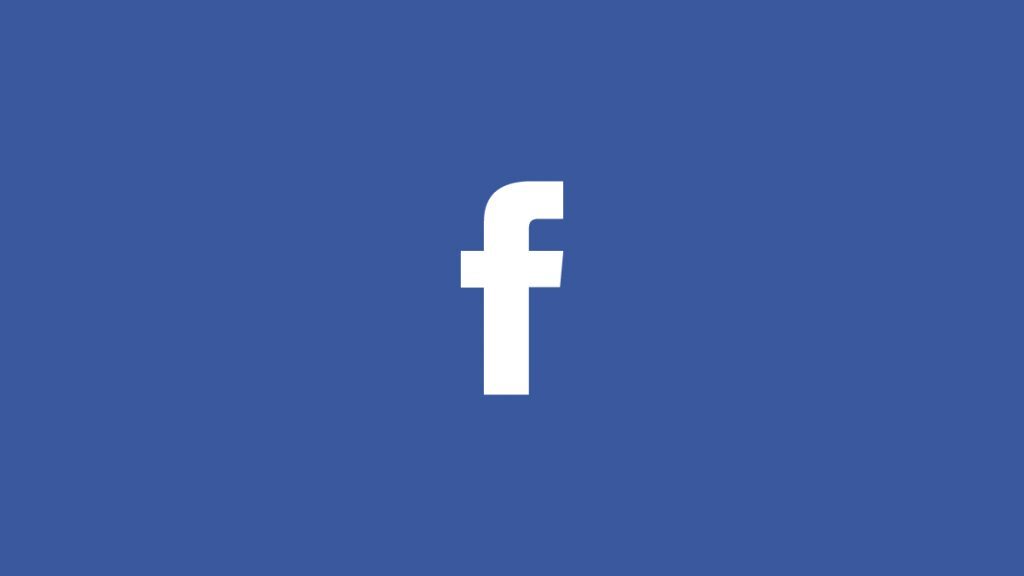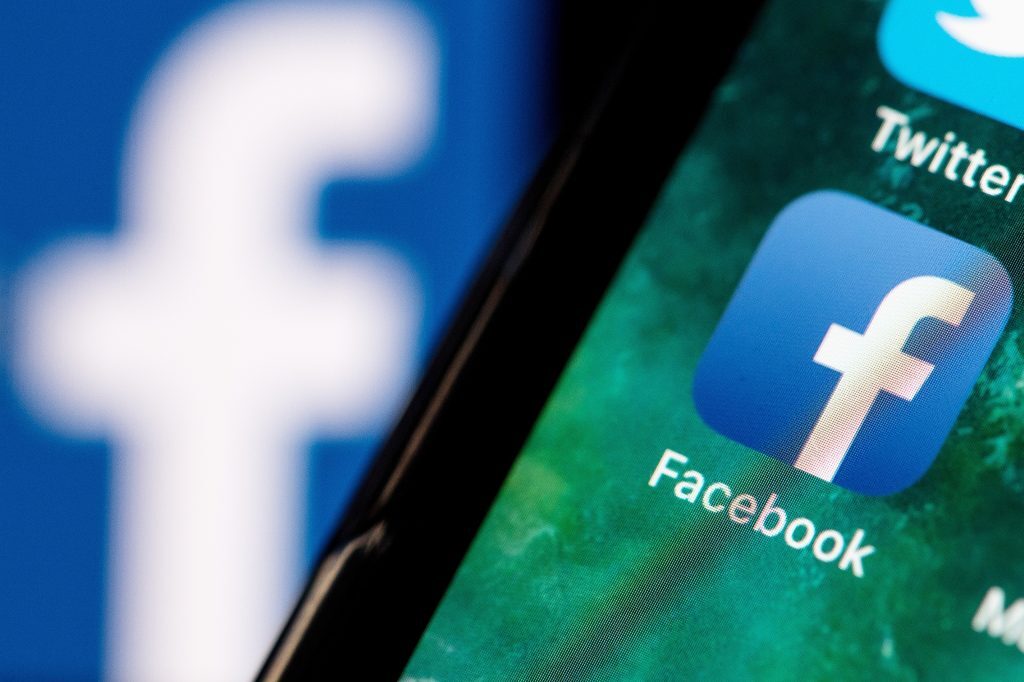In the week Facebook so proudly announced its integration of backend messaging between Messenger and Instagram, US lawmakers trumped that with a searing report suggesting breakups for Big Tech which has abused its monopoly position.
It was schadenfreude for many Facebook critics who have long accused the world’s largest social media network of breaking the competition agreements it made when it bought Instagram in 2012 for $1bn and WhatsApp in 2014 for $19bn. Quite a difference two years makes, you might be inclined to observe. And you’d be perfectly right.
We now know from Mark Zuckerberg’s emails – subpoenaed as part of the 16-month competition investigation by US lawmakers – that the Facebook CEO ruminated in the month it bought it that “Instagram can hurt us meaningfully without becoming a huge business”.
Just two months before buying Instagram, Zuckerberg wrote that, along with WhatsApp, these “businesses are nascent but…if they grow to a large scale they could be very disruptive to us”.
On the day Facebook announced it was paying a then eye-watering amount for a photo-sharing site, Zuckerberg emailed: “Instagram was our threat…. one thing about startups though is you can often acquire them.”

In the trove of emails – let’s call them #FacebookLeaks – there was a 2014 email from Facebook’s chief financial officer describing its acquisition strategy as a “land grab”.
No wonder then that this month’s 449-page report from the Congress’s antitrust committee recommended the breakup of Facebook’s messaging monopoly, amongst other bombshell recommendations.
It follows virtual hearings in August for the CEOs of Facebook, Google, Amazon and Apple, who the Congress report labelled as “often evasive and non-responsive, raising fresh questions about whether they believe they are beyond the reach of democratic oversight”.
From being heroes of American innovation, the Big Tech firms are now seen for what they are: digital monopolies that “not only wield tremendous power, but they also abuse it by charging exorbitant fees, imposing oppressive contract terms, and extracting valuable data from the people and businesses that rely on them,” the report found.
“By controlling the infrastructure of the digital age, they have surveilled other businesses to identify potential rivals, and have ultimately bought out, copied, or cut off their competitive threats.”
This is an often-cited criticism of Facebook, which has frequently replicated key features for Instagram from Snapchat and TikTok in particular in its fight to maintain Instagram’s dominance. By integrating the backend messaging platforms for Messenger and Instagram, and eventually, WhatsApp, Facebook is hoping to stave off orders to break up its three messaging apps, which have over a billion users each. Let’s call it the WhatsInstaMess approach to competition watchdog oversight.

US lawmakers concluded that “whether through self-preferencing, predatory pricing, or exclusionary conduct, the dominant platforms have exploited their power in order to become even more dominant”.
The investigation, which produced 1.3m documents, found “significant evidence that these firms wield their dominance in ways that erode entrepreneurship, degrade Americans privacy online, and undermine the vibrancy of the free and diverse press”.
The ultimate “result is less innovation, fewer choices for consumers, and a weakened democracy”.
I look forward to Zuckerberg (who will no doubt need his booster cushion for any future in-personal hearings) and the other CEOs trying to argue their way out of this one.
Schadenfreude indeed.
This article first appeared in the Financial Mail.




